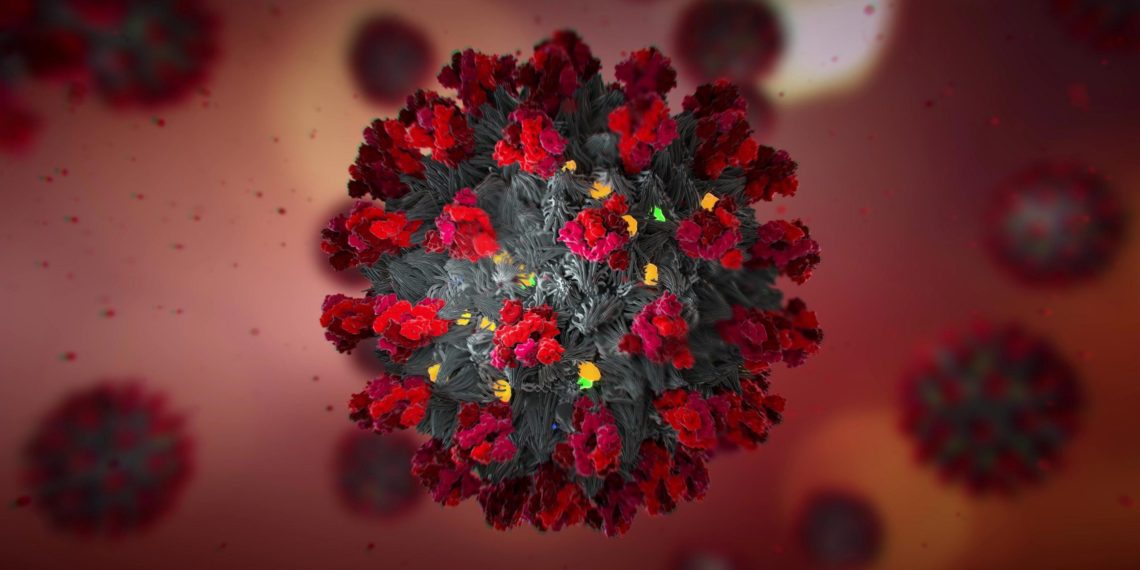The researchers in the US and Taiwan together have developed a rapid and low-cost test for the coronavirus, reports Physics World. The team’s portable system features a disposable testing cartridge and a reusable circuit board that can detect the presence of the virus in fluid samples within just 1 second.
Rapid testing is playing a crucial role in containing the deadly virus. However, the test available now are time consuming and has resulted in slow testing turnaround times. But the new alternative approach developed by Minghan Xian and colleagues at the University of Florida and National Yang Ming Chiao Tung University, will instead measure distortions in electrical signals associated with the presence of the virus particles in a circuit. The team’s design is based around a circuit board containing a metal-oxide-semiconductor field-effect transistor (MOSFET), a common electronic device that amplifies electrical signals.
The new system also includes a disposable testing strip that plugs into the MOSFET circuit, states Physics World. The tip of the strip has a microfluidic channel that contains clusters of gold-plated electrodes coated with SARS-CoV-2 antibodies as well as bare carbon auxiliary electrodes. The channel passes short electrical test signals between the electrodes when fluid samples are introduced to it. This is amplified by MOSFET and then sent to the circuit board for analysis.
Physics World further explains that if SARS-CoV-2 is present in the sample, spike proteins on the virus particles will bind to the antibodies on the gold electrode surface, which alters the nature of the amplified test signal waveforms. Within just a second, the channel converts these distortions into digital readouts enabling the system to determine the concentration of spike proteins and the concentration of virus particles in the sample.
Xian’s team has integrated their testing strips onto disposable cartridge thus making the circuit board completely reusable, portable and low-cost testing system. Not limited to just COVID-19, the system could be repurposed for other diseases by attaching other types of antibodies to the testing strip’s gold electrodes, making it more versatile.






